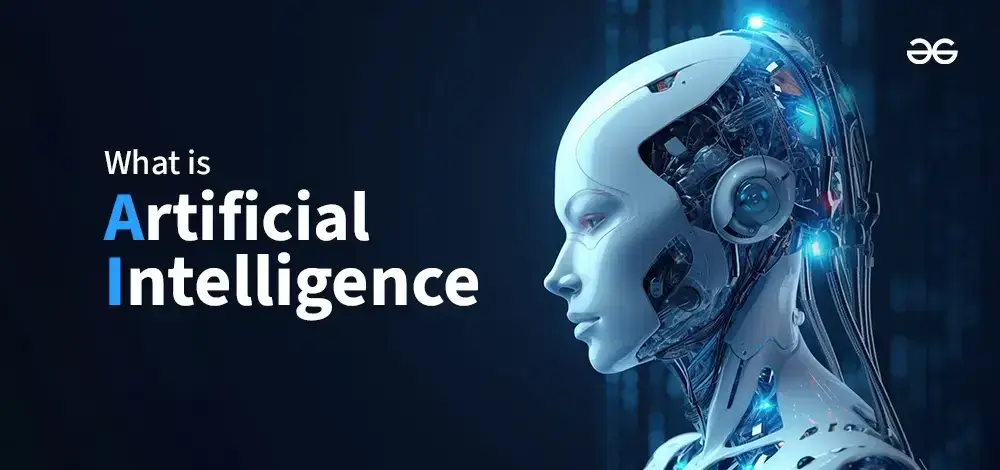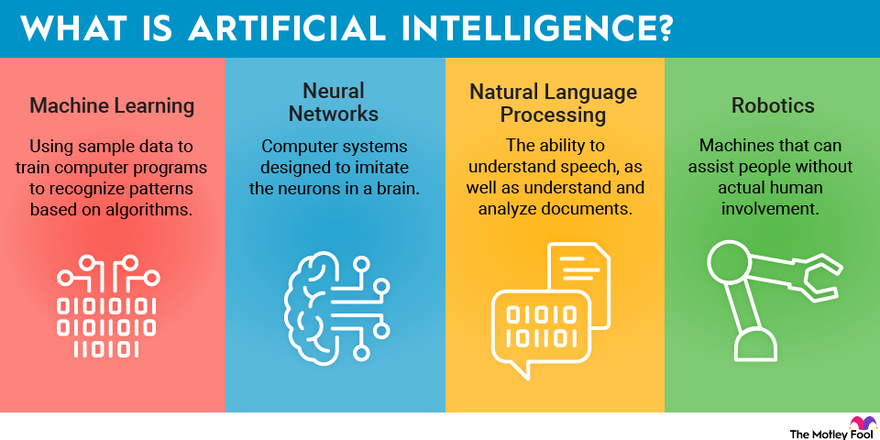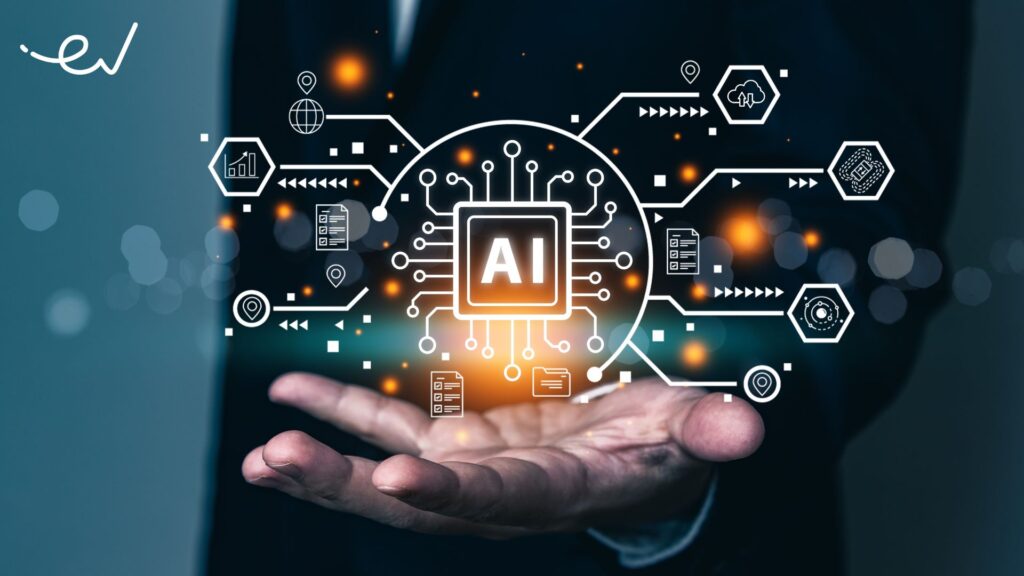As of my last update in January 2022, there isn’t a widely recognized entity or organization called “Global Submit India AI.” It’s possible that the organization you’re referring to could be a conference, summit, initiative, or a company that has emerged or gained prominence after my last update.
If it’s a conference or summit, it would likely focus on artificial intelligence (AI) in the context of India’s global contributions or advancements in AI technology within India. These events typically bring together experts, researchers, practitioners, and policymakers to discuss the latest trends, innovations, challenges, and opportunities in AI.

To get specific information about “Global Submit India AI,” I would recommend checking recent sources such as news articles, official websites, or social media platforms for the most up-to-date information.
As of my last update in January 2022, there is still limited specific information available about “Global Submit India AI.” It’s possible that the term could be a misspelling or a less-known entity. However, if you’re interested in learning more about AI initiatives in India or global AI summits involving India, here are some general insights:
- AI Initiatives in India: India has been actively promoting AI through various government initiatives and private sector efforts. The Indian government launched the National AI Portal to facilitate learning and engagement in AI across different sectors.
- Conferences and Summits: Several conferences and summits take place in India focusing on AI. These include events organized by industry bodies, academic institutions, and technology companies. Examples include the India AI Summit, AI India Congress, etc.
- Global Perspective: India’s contributions to AI are significant, with the country becoming a hub for AI research, development, and application across various industries such as healthcare, agriculture, finance, and education.
- Key Players: Companies and research institutions in India are actively involved in AI research and development. Some notable organizations include the Indian Institutes of Technology (IITs), Indian Institutes of Information Technology (IIITs), and startups focusing on AI-driven solutions.
If “Global Submit India AI” refers to a specific event or initiative that has emerged after January 2022, I would recommend checking recent sources such as news websites, official event pages, or social media platforms for the latest information and updates.
let’s discuss some advantages and disadvantages of artificial intelligence (AI):
Advantages:
- Automation: AI can automate repetitive tasks, thereby freeing up human workers to focus on more creative and strategic endeavors.
- Efficiency: AI systems can process large amounts of data quickly and accurately, leading to improved efficiency and productivity in various industries.
- Decision Making: AI algorithms can analyze data and provide insights that aid in better decision-making processes across sectors like healthcare, finance, and logistics.
- 24/7 Operations: AI-powered systems can operate continuously without fatigue, ensuring round-the-clock availability and responsiveness.
- Innovation: AI fuels innovation by enabling the development of new products and services, such as autonomous vehicles, personalized medicine, and smart assistants.
Disadvantages:
- Job Displacement: Automation driven by AI can lead to job losses or changes in job roles, particularly in industries heavily reliant on manual labor.
- Bias and Fairness: AI algorithms may reflect biases present in training data, leading to unfair or discriminatory outcomes, especially in areas like hiring or lending.
- Privacy Concerns: AI systems often require access to vast amounts of personal data, raising concerns about privacy and data security.
- Dependency and Reliability: Over-reliance on AI systems can pose risks if they malfunction or make errors, potentially causing significant disruptions.
- Ethical Issues: AI raises ethical dilemmas, such as accountability for AI-driven decisions, transparency of algorithms, and the ethical use of AI in warfare and surveillance.

Understanding these advantages and disadvantages helps in navigating the complex landscape of AI development and deployment, ensuring that the benefits are maximized while mitigating potential risks and challenges.globalglobalglobalglobal
Certainly! The usefulness of artificial intelligence (AI) spans across various domains and industries, contributing in several significant ways:
- Automation of Routine Tasks: AI excels in automating repetitive tasks, allowing businesses to streamline operations and reduce manual effort. This efficiency boosts productivity and enables employees to focus on more complex and creative tasks.
- Enhanced Decision Making: AI analyzes large volumes of data swiftly and accurately, providing valuable insights that aid in decision-making processes. This capability is particularly beneficial in industries such as finance, healthcare, and marketing, where data-driven decisions can lead to improved outcomes.
- Personalization and Customer Service: AI enables personalized experiences for customers through recommendation systems, chatbots, and virtual assistants. These technologies can understand customer preferences, respond promptly to inquiries, and enhance overall customer satisfaction.
- Predictive Analytics: AI algorithms can predict trends, behaviors, and outcomes based on historical data analysis. This predictive capability is valuable in sectors like finance for risk assessment, in healthcare for early disease detection, and in logistics for demand forecasting.globalglobalglobalglobalglobalglobalglobalglobalglobalglobalglobal
- Efficiency in Healthcare: AI applications in healthcare improve diagnostic accuracy, automate medical records management, and assist in drug discovery. This leads to better patient outcomes, reduced medical errors, and enhanced operational efficiency in healthcare facilities.
- Advancements in Research and Development: AI accelerates innovation by aiding researchers in complex tasks such as genomic analysis, material discovery, and climate modeling. These advancements contribute to scientific breakthroughs and technological progress.
- Safety and Security: AI enhances security measures through facial recognition, anomaly detection, and cybersecurity systems. These technologies help detect threats, prevent fraud, and ensure safer environments for individuals and organizations.

Overall, the usefulness of AI lies in its ability to automate processes, make data-driven decisions, personalize experiences, predict outcomes, advance research, and enhance safety. By leveraging AI effectively, businesses and societies can achieve greater efficiency, innovation, and competitiveness in the digital age.
- Emerging AI Hub: India is rapidly emerging as a significant player in the global AI landscape. With a burgeoning tech industry, skilled workforce, and increasing investments in AI research and development, India has much to contribute and gain from international AI collaborations and discussions.
- Knowledge Sharing and Networking: AI summits provide platforms for knowledge sharing, networking, and collaboration among researchers, practitioners, policymakers, and industry leaders. India’s participation allows for exchange of ideas, best practices, and innovations in AI with global counterparts.
- Showcasing Innovations: Hosting or participating in AI summits allows India to showcase its innovations, startups, and research initiatives in AI. This visibility attracts international attention, potential investors, and collaboration opportunities.
- Policy Development: International AI summits often discuss regulatory frameworks, ethical guidelines, and policy implications of AI. India’s participation enables policymakers to learn from global experiences and contribute to shaping AI policies that are relevant and beneficial for its socio-economic context.
- Skill Development: Participation in AI summits offers Indian professionals and researchers opportunities to enhance their skills, stay updated with global trends, and collaborate on cutting-edge AI projects.
In summary, participating in international AI summits allows India to leverage its strengths in AI, foster collaborations, showcase innovations, influence AI policies, and contribute to the advancement of AI technologies worldwide.
India’s initiatives or contributions in the field of AI and technology, here are some key areas where India has been active:
- AI Research and Development: India has a growing ecosystem of AI research institutes, universities, and industry labs that contribute to global AI advancements. Institutes like the Indian Institutes of Technology (IITs), Indian Institutes of Information Technology (IIITs), and private research organizations are actively involved in AI research spanning various domains.
- Startups and Innovation: India has a vibrant startup ecosystem focused on AI and emerging technologies. These startups are developing AI-driven solutions for diverse sectors such as healthcare, agriculture, finance, education, and smart cities. Many Indian AI startups have gained recognition and investment on a scale.
- Government Initiatives: The Indian government has launched several initiatives to promote AI research and adoption. This includes the National AI Portal, which serves as a platform for AI-related resources, policies, and updates. Various ministries and departments are also integrating AI into governance and public service delivery.
- AI in Healthcare: India is leveraging AI to improve healthcare delivery, diagnostics, and personalized medicine. AI-powered solutions are being developed to address challenges such as disease detection, remote patient monitoring, and healthcare infrastructure optimization.
- AI in Agriculture: Agriculture being a crucial sector in India, AI technologies are being utilized for crop monitoring, soil health analysis, predictive analytics for weather and pest management, and optimizing agricultural practices.
- AI for Social Good: Indian organizations and researchers are actively exploring AI applications for social good, including education, disaster management, environmental sustainability, and inclusive development.
- International Collaborations: India engages in international collaborations and partnerships in AI research, policy development, and technology transfer. These collaborations foster knowledge exchange, joint research projects, and capacity building in AI.
Overall, India’s work in AI encompasses a broad spectrum of research, innovation, policy development, and application across various sectors. The country’s efforts are contributing to global advancements in AI while addressing local challenges and opportunities.
examples of recent developments in AI in India based on information up to my last update in January 2022:
- Policy and Initiatives: India continues to develop its AI policy framework to foster innovation and address ethical concerns. The National AI Portal serves as a central platform for resources and updates related to AI initiatives and policies.
- Startups and Innovation: Indian AI startups are making headlines for their innovative solutions across various sectors. For example, healthcare startups are using AI for diagnostics and telemedicine, while agriculture-focused startups are employing AI for precision farming and crop management.
- Research and Academia: Indian academic institutions like the IITs and IIITs are conducting cutting-edge research in AI, with a focus on applications tailored to Indian contexts such as language processing for diverse languages and healthcare solutions for rural areas.
- Industry Adoption: Industries in India, including finance, manufacturing, and retail, are increasingly adopting AI to enhance operational efficiency, customer experience, and decision-making processes.
- International Collaborations: Indian AI researchers and organizations are engaging in collaborations with global counterparts, participating in joint research projects, conferences, and knowledge exchange programs.
For the latest news and updates on AI developments in India, I recommend checking reputable news sources, technology blogs, or official government announcements. These sources will provide the most current information on policy changes, technological advancements, startup innovations, and research breakthroughs in the field of AI in India.
Artificial intelligence (AI) has the potential to be highly beneficial to all mankind in numerous ways:
- Automation and Efficiency: AI can automate repetitive tasks, freeing up human workers to focus on more creative and strategic activities. This can lead to increased productivity and economic growth.
- Improved Healthcare: AI applications in healthcare can enhance diagnostics, personalize treatment plans, and improve patient outcomes. AI-powered systems can also assist in drug discovery and medical research.
- Education and Accessibility: AI technologies can revolutionize education by providing personalized learning experiences and making educational resources more accessible to people around the world.
- Environmental Sustainability: AI can be used to monitor and manage natural resources more effectively, predict environmental changes, and develop sustainable solutions for energy and agriculture.
- Safety and Security: AI-driven technologies such as surveillance systems, cybersecurity measures, and disaster response systems can enhance public safety and security.
- Economic Development: AI has the potential to stimulate economic growth through innovation, job creation in new industries, and improved efficiency across various sectors.
However, there are also challenges and ethical considerations associated with the widespread adoption of AI, such as job displacement due to automation, biases in algorithms, data privacy concerns, and the ethical implications of AI decision-making.
To maximize the benefits of AI for all mankind, it is essential to address these challenges through responsible development, ethical guidelines, inclusive policies, and continuous dialogue among stakeholders. Ultimately, AI has the potential to positively impact humanity by advancing knowledge, improving quality of life, and addressing challenges.
The ‘Global IndiaAI Summit 2024’ commences today in New Delhi, hosted by the Ministry of Electronics and Information Technology. This two-day event aims to position India as a leader in AI innovation while promoting ethical and inclusive AI advancement. It will feature sessions on IndiaAI’s strategic pillars, including compute capacity, datasets platform, innovation centers, and skills development.
Day 1: Advancing AI Application and Governance
Sessions will explore topics like ‘IndiaAI: Large Language Models’ and ‘GPAI Convening on Global Health and AI’. These discussions will delve into leveraging AI for linguistic diversity and healthcare in underserved regions, highlighting India’s role in inclusive AI innovation.
Day 2: Nurturing Talent and Scaling Innovations
Focus shifts to ‘Empowering Talent through AI Education & Skilling’ and ‘AI for Good: Empowering the Global South’. These sessions aim to bridge the AI skills gap and foster inclusive AI development, reflecting India’s commitment to equitable AI access.
IndiaAI Mission: Driving Technological Advancement
IndiaAI’s mission focuses on democratizing access to AI computing, improving data quality, fostering innovation, supporting startups, and ensuring safe and trusted AI development. This holistic approach aims to drive socio-economic growth through responsible AI initiatives.
“It cannot be done in isolation by any country. That’s why we decided to hold this media summit so that the experience of the last one year can be discussed in detail and we can come up with a proper consensus on what should be the way forward,” Ashwini Vaishnaw, Minister of Electronics and Information Technology, said during the inaugural session of the IndiaAI Summit 2024 in New Delhi.
He said the participants will lay the foundation for the next step India takes in the regulation as well as utilisation of the potential of AI. The government’s approach towards its utilisation has been to democratise the technology to make it accessible to all.
Benefits and threats
“Today we have AI-based solutions that can help diagnose diseases like TB and lung cancer by analysing the X-ray images. Can we scale these up and deploy them at scale? We have AI solutions for personalised learning plans for students. Researchers have developed AI-based applications that advise farmers on usage of water, fertilizers and pesticides,” he said.
He said these solutions, which are being deployed in India, can also be adopted by all member countries. Under the ‘India AI Mission’ the government is working on such AI-based applications and the details of these initiatives will be discussed in the next two days, he said. “I am sure our policy on AI is similar to the digital public infrastructure. They also need to be aware of the risks that AI poses for democracies across the world. We just had elections in India and we had our cyber security agencies working overtime, not only to prevent cyber attacks but also to actively contain fake news and misinformation with generative AI,” Prasada said.
The risks and challenges have grown several times over and, therefore, countries need to work collaboratively to identify deep fakes and AI-generated images and videos, he added.
Giving an example, he said the digital public infrastructure in India is a classic case where no single payment provider, no single service provider has monopoly over the service. The government invests in the platform and everybody becomes a part of it.
The same approach will be adopted for AI, he said adding that the government will invest in creating a public platform where compute power, high-quality data sets, a common set of protocols, and a common set of technical as well as legal framework are available.
“Then the startups, entrepreneurs, academicians, people who are working on different applications for a variety of sectors like agriculture medicine, healthcare, education, people working on those solutions can use this common platform… It’s a really unique approach and is consistent with the last 10 years of digital India,” the Minister added.
Echoing this, Jitin Prasada, Minister of State for Electronics and IT, said countries need to work collaboratively to develop solutions for AI to solve problems and challenges in key sectors like healthcare, agriculture and education.





Leave feedback about this